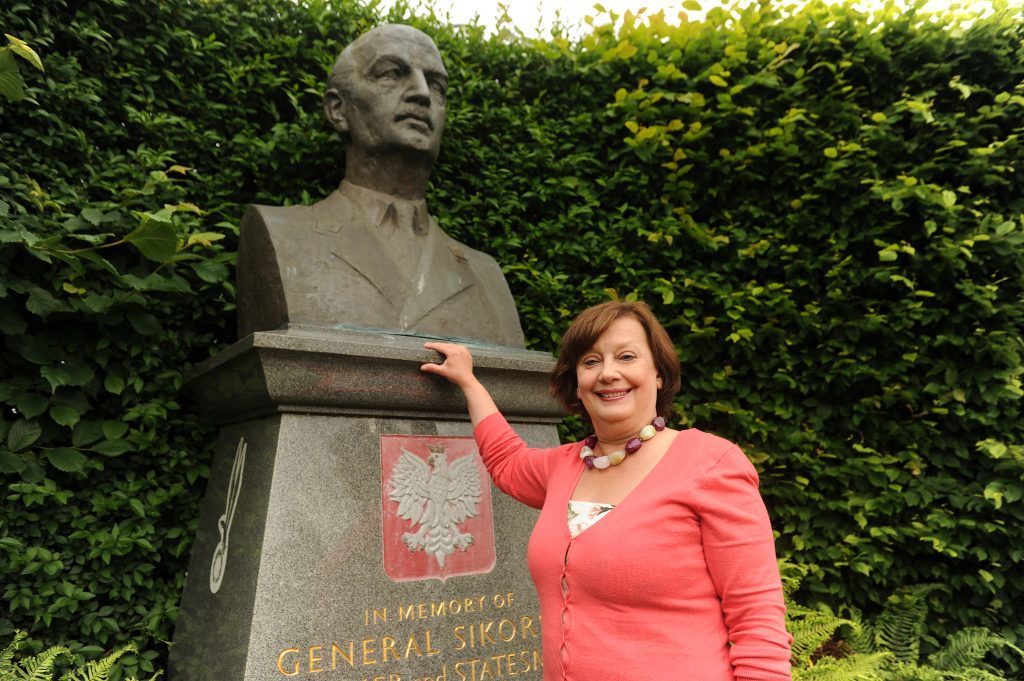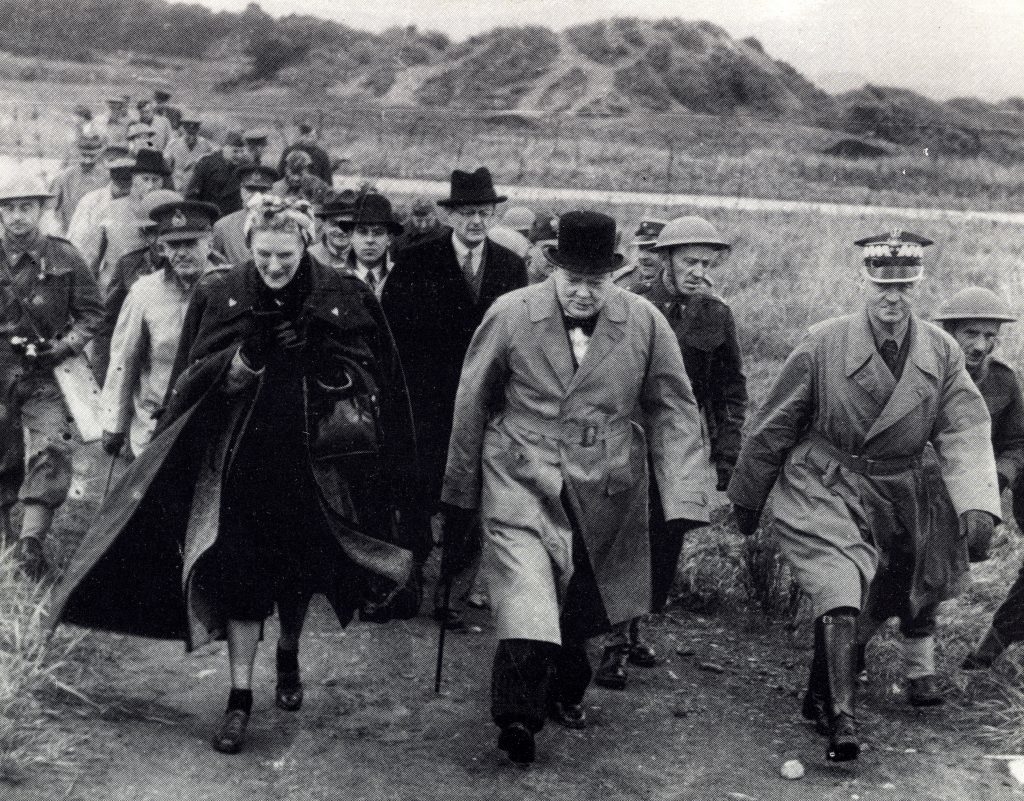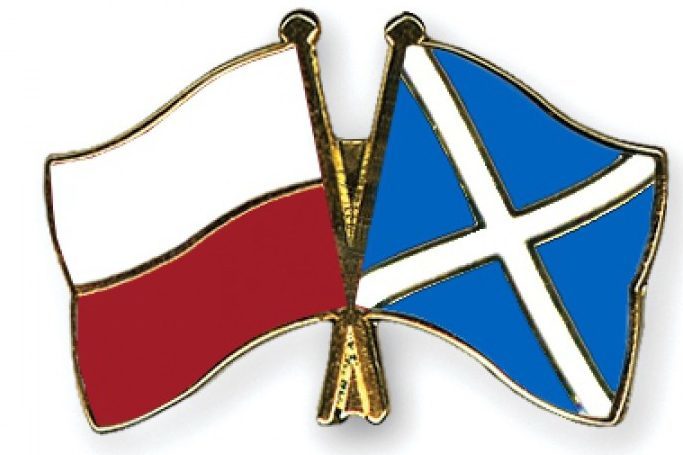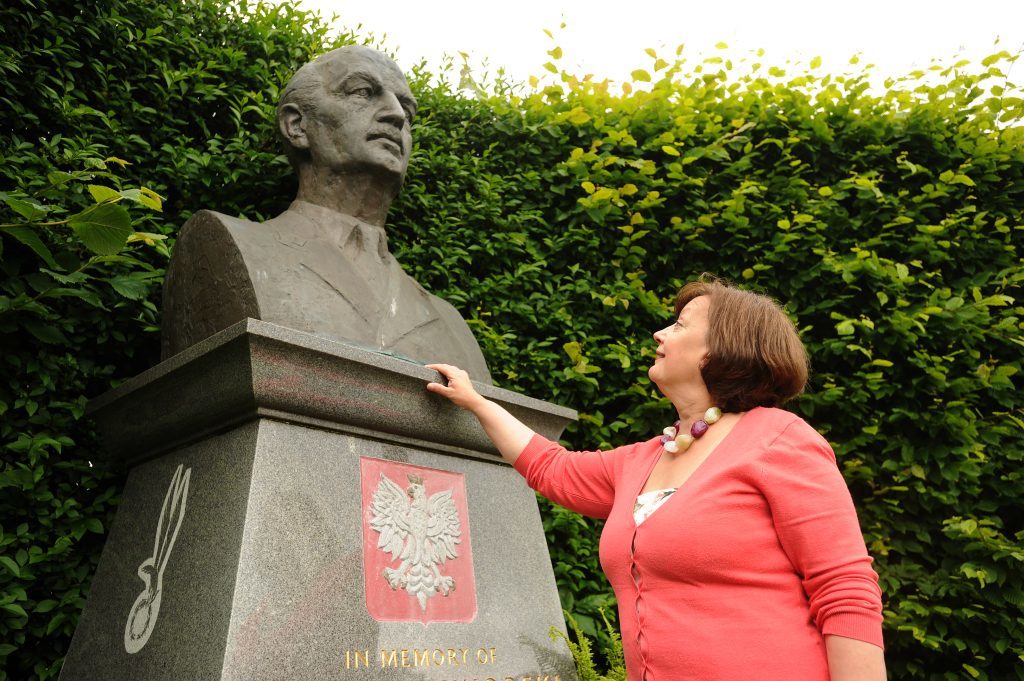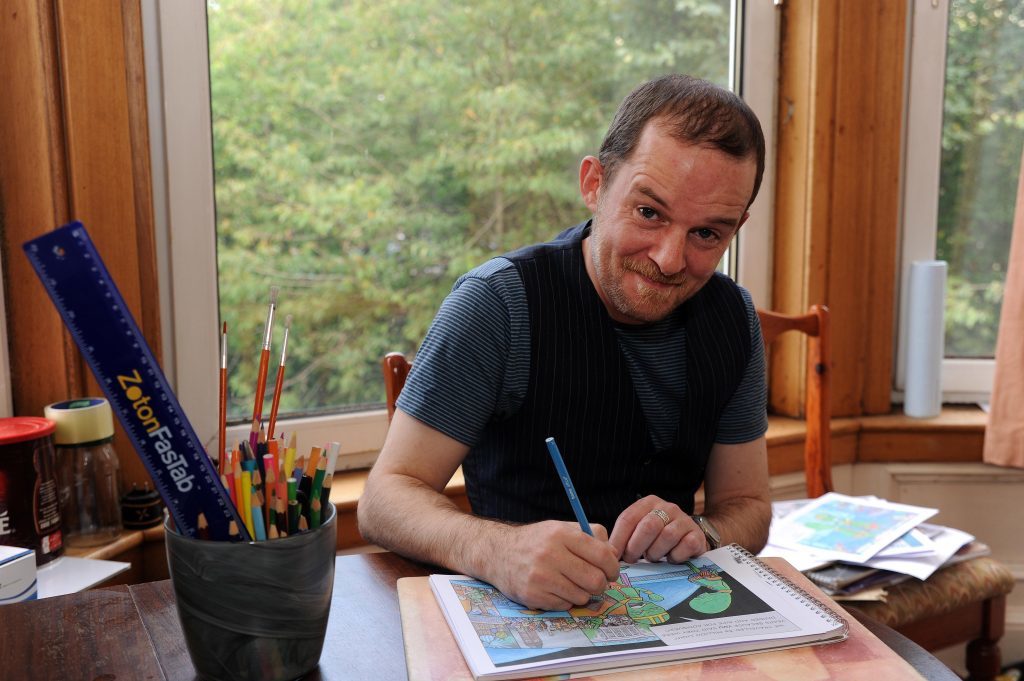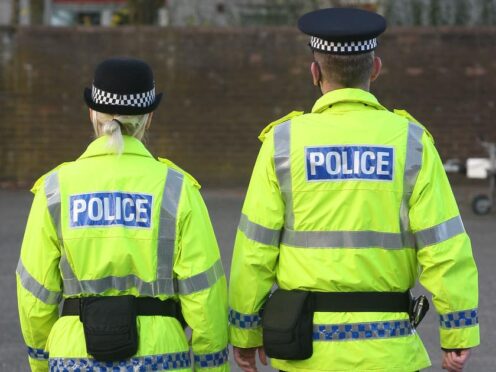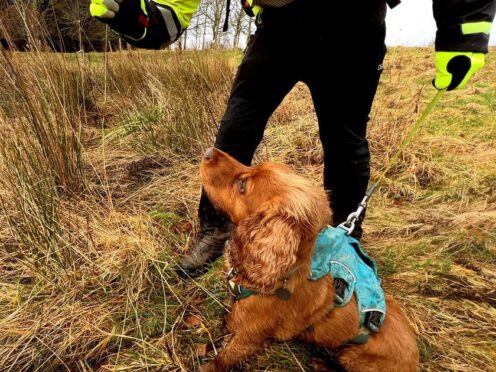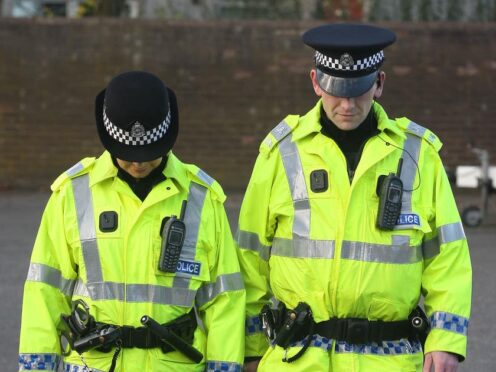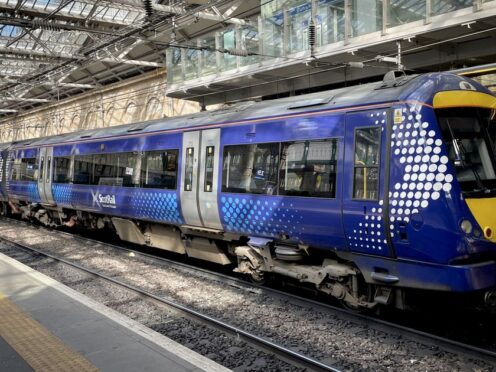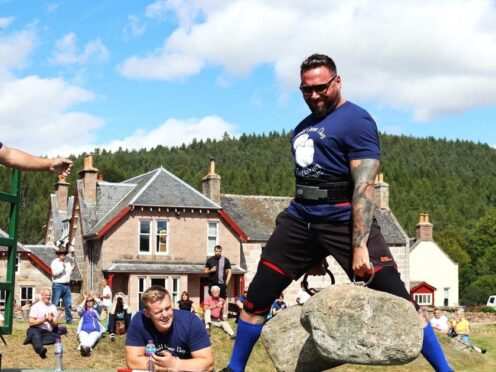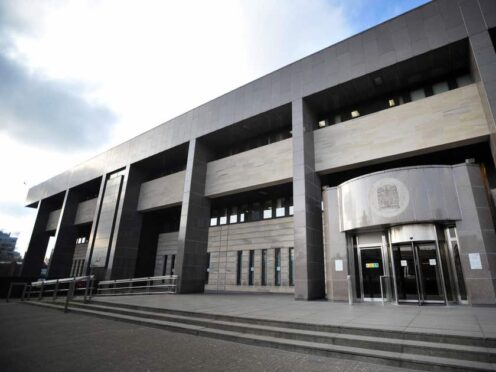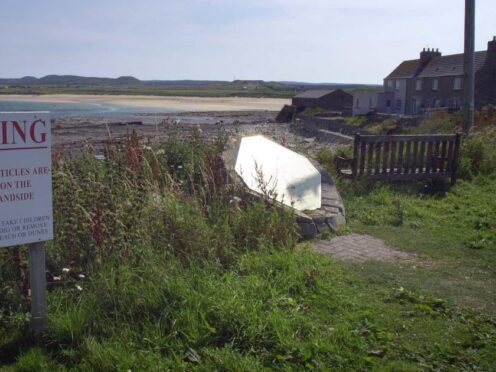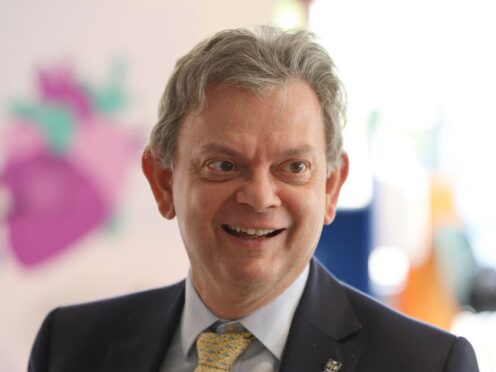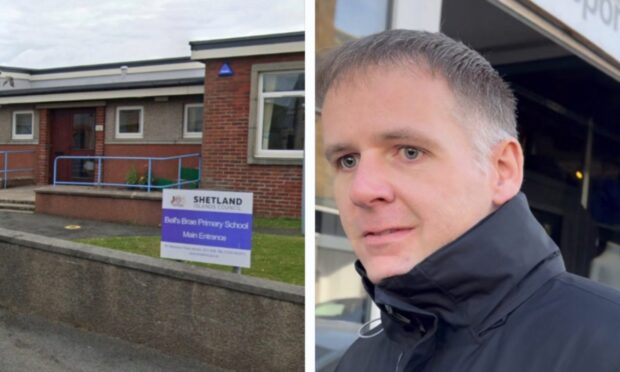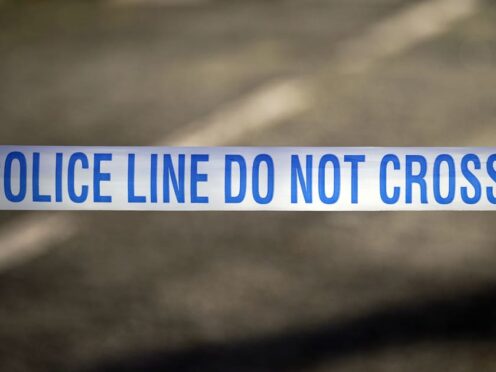As a post-referendum crisis engulf British politics, Michael Alexander speaks to some of the other EU citizens settled in Fife and Dundee – and a Fifer living on mainland Europe – who now feel uncertain about the future.
More than 12 years after Poland joined the European Union, Polish voices can now be heard in many of our towns and cities.
From dentists in Fife to barmen in Perth, from berry pickers in Angus to bus drivers in Dundee, many of the migrants were encouraged by the Scottish Executive and latterly the Scottish Government to help fill a shortage of willing workers in key areas.
It’s a relationship that dates back hundreds of years with more than 32,000 Scots emigrating to Poland during the 17th century, and Scotland hosting 70,000 exiled members of the Polish Army during the Second World War – many of whom settled, and still have descendants living in the area to this day.
But now that Britain has voted to leave the European Union, and as debate continues on the implications of Scotland wanting to stay in the EU, where does that leave the thousands of recently arrived Poles, and other European Union settlers, who now call Scotland home?
First Minister Nicola Sturgeon moved quickly on Friday to reassure other EU citizens living in Scotland.
“You remain welcome here. Scotland is your home and your contribution is valued,” she said.
But amid on-going uncertainty of what Scotland being dragged from the EU as part of Britain, and end to freedom of movement, would mean, Polish woman Violeta Ilendo, 57, of Cupar, said there’s “huge concern” amongst Fife’s migrant population.
The recently retired Fife Council manager, who is secretary to the board of the Fife Migrant Forum, said: “People feel they are no longer welcome. Somehow the temperature of their relationship is changing. Can they stay? Can they settle? There’s an element of vulnerability. Some might take their skills elsewhere. But for those who are settled in the area with families, it’s much more difficult and many are upset and scared about the uncertainty. Everyone seems to have been taken by surprise. They are shocked.”
Political change
Violeta, a mother-of-one who grew up in north east Poland, is no stranger to political game change.
The former Polish Solidarity activist, who campaigned against Poland’s Communist regime whilst studying literature at Warsaw University in the late 1970s, was granted exceptional leave to remain in the UK after martial law was declared in her homeland whilst she was on a study trip to London in 1981.
After 23 years in London, including work with the British Refugee Council, she secured a senior role as a chief officer with Fife Council in 2004.
Whilst no one seems to know for sure how many Poles live in the UK – the 2011 census estimated it at nearly 600,000 – Violeta remains a staunch defender of the principle of free movement within the EU. The campaigner, who still holds Polish citizenship and therefore could not vote in the EU referendum, cites the valuable contribution of migrants to Scotland’s economy.
Having worked in the public sector, she understands why many people in former industrial parts of England are apparently concerned about pressures on jobs and housing.
Exploited
But she believes it’s wrong to blame migrants and points out that some employers have “exploited” migrant labour at the expense of local workforces because they have been cheaper.
She said: “In Scotland I’ve never come across any issues with integration. Communities have been warm and welcoming. Very occasionally we have had to deal with incidents of hate crime, but these have been dealt with very quickly as a community. The fact that Scotland voted to remain shows the empathy with other countries and their people.
“But many other people in the UK do not seem to see the bigger picture. I don’t think the education system helps a lot. I am from Poland. We’ve not had a major war in Europe for over 70 years. Before that it was every few years. People should not lose sight of why the European Union was first established. To bring co-operation, to bring peace, to work together. Those benefits should not be underestimated.”
Uncertainty
Uncertainty was also in the minds of Polish nationals shopping at the busy Polski Sklep supermarket in Dundee’s Dura Street.
Shop manager Beata Dziennik, 29, moved to Dundee from the north of Poland four years ago. As a Polish citizen she could not vote in the EU referendum, but two years ago she voted ‘No’ in the Scottish referendum – to stay in the UK.
“Now I am not so sure I made the right decision,” she said. “I am not happy with Britain. I think the EU is a great idea for the whole of Europe.
“I don’t think people have thought of the consequences of leaving. What will it mean for the economy, prices and taxes? I’m afraid what it will mean for work, and I’m afraid there could be symptoms of racism.”
Thirty-three-year-old Anna, an English language teacher from Krakow in southern Poland, recently moved to Dundee with her car mechanic husband after six years in London.
She said: “I’m trying to remain positive. I believe in one Earth, one border, one humanity. I really believe what the Bible says. I want a better future – I love Scotland. But right now we don’t really know what is going to happen, and that is frightening.”
Fife school teacher and Cupar resident Till Soltesz, 45, from the Black Forest region of Germany, also has concerns. The father-of-two young girls, who has taught maths at Balwearie High School in Kirkcaldy for 11 years, only moved to Scotland because of the EU.
The football fan met his Scottish wife Eilidh – a modern studies teacher at Balwearie – when his brother Uli married her sister Ailsa, who works for the European Commission in Belgium.
As a German national, currently applying for British citizenship “to reduce bureaucracy”, he was unable to vote in the referendum. And being married to a Scots woman with two Scottish children, he is not “too concerned” that he would ever be sent home.
Bullying
However, he is more concerned that his children might be bullied in the playground or his wife might be verbally abused when they return on trips to Germany and people find out they are British.
“If you’d asked me on Friday morning should Scotland go independent I’d have said go for it,” he said. “My first reaction was shell shock.
“Now, I’d like to wait a wee bit and see what comes out of all this. Let’s not rush in to anything. Whatever happens needs to be thought through.”
It’s not just EU arrivals in this country that are being affected, however.
Scots living in other EU countries are also concerned.
St Andrews cartoonist Peter Herron, 41, a former pupil of Langlands Primary School and Madras College, moved to Romania two years ago with his partner, safe in the knowledge that Romania had just been welcomed into the European family.
“All that has changed,” said Peter, a former St Andrews restaurateur, whose great great-great uncle was 1902 Open Championship winner Sandy Herd.
“My commissions come from all across Europe including the UK and the money I earn allows me a comfortable life here in Bucharest. But now the pound has in one day turned from the most stable currency in the world to free falling into uncertainty.
“The validity of my passport is now in question and most importantly I am unsure of the Romanian government’s stance on my living here.
“Important questions expats need answers to are not even on the table.
“Romania is an inclusive and open society and as a Scotsman I have only ever been welcomed but they have an intrinsic mistrust of the UK as historically they have been viewed as the poor gypsy country swarming to the UK to steal directly from their pockets. Looked down upon from the nose of a country who still think they are at the centre of an empire.
“The projected 30,000 per year flooding the UK from Romania never materialised as the feeling here is why abandon their home to move to a country where they, despite their education or qualifications, will be given instant second class citizen status and viewed with suspicion and contempt. The wave of racist comments washing over social media since the result has just confirmed this is the likely welcome Romanians, who just want to work to support their families, will receive.”
